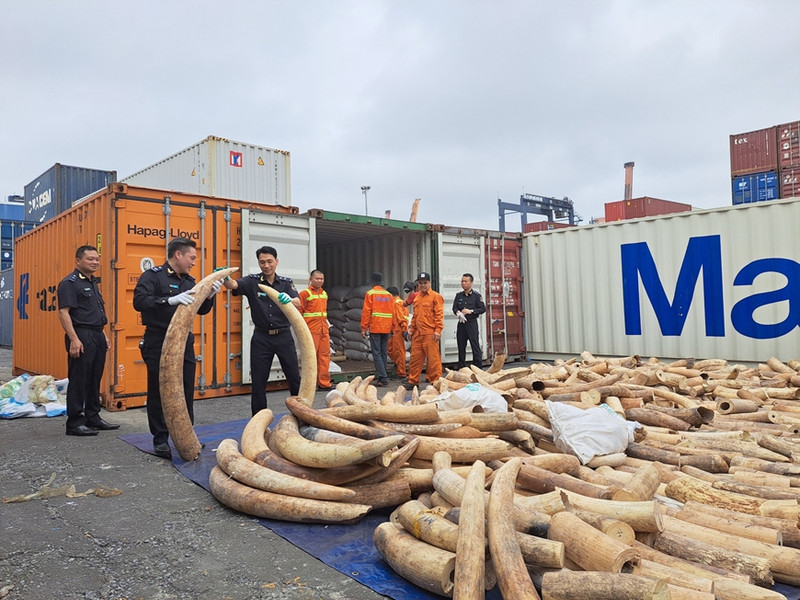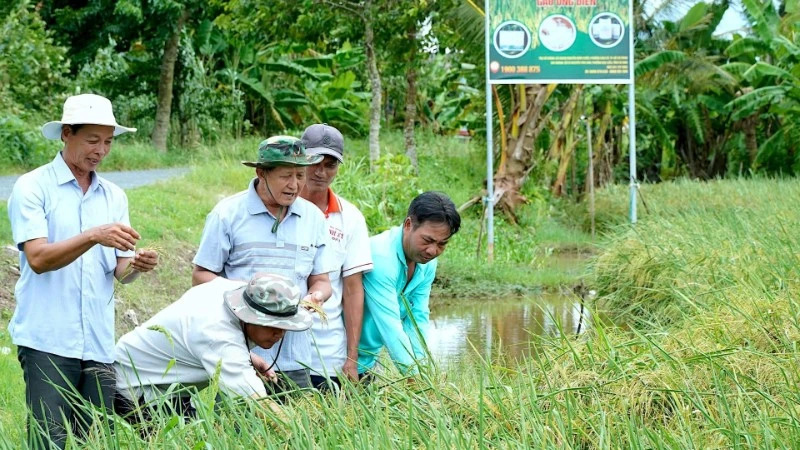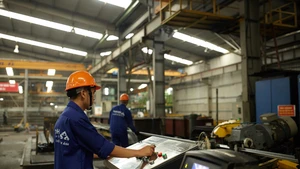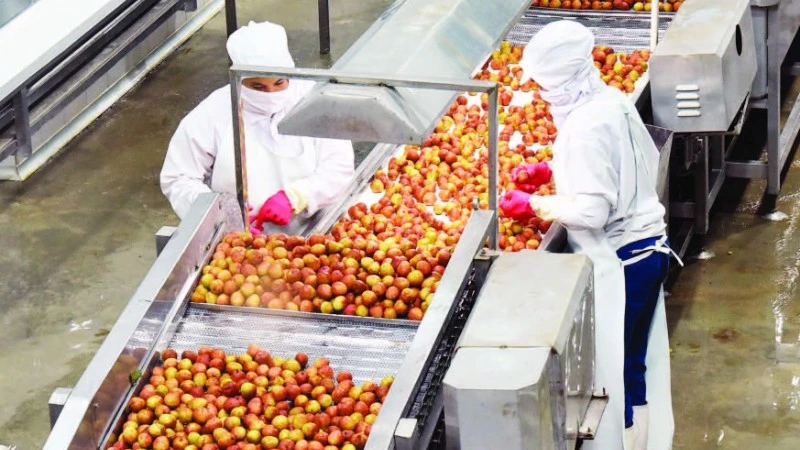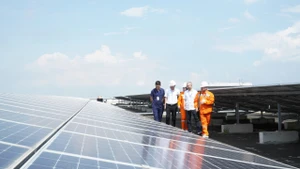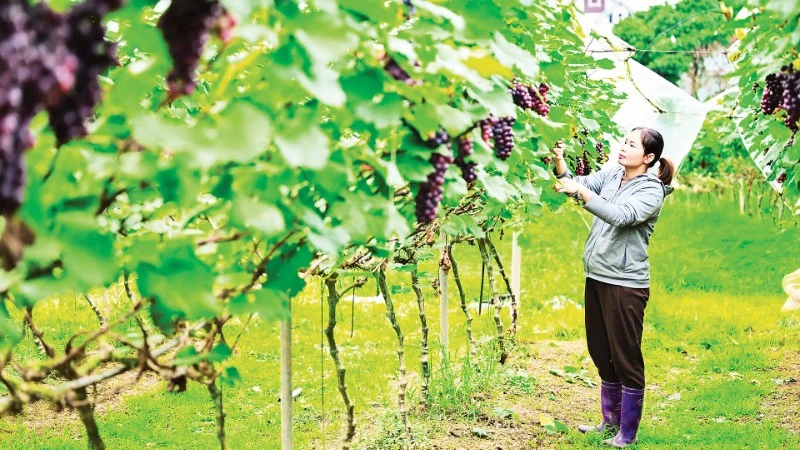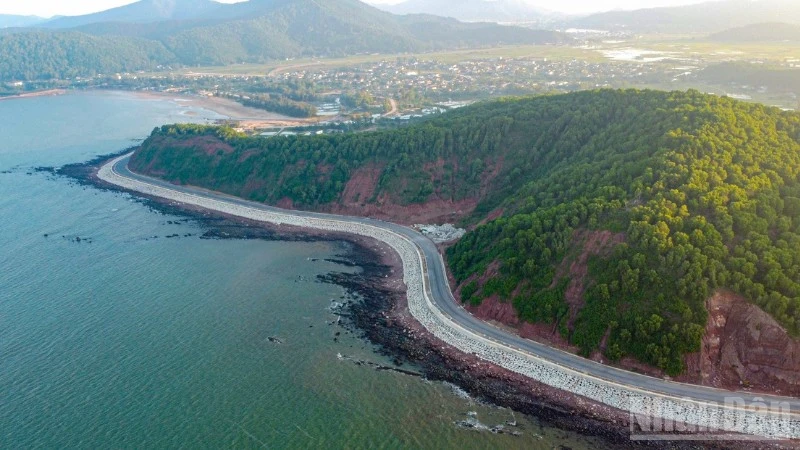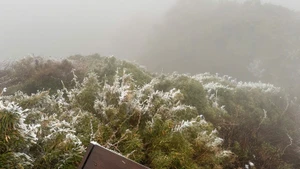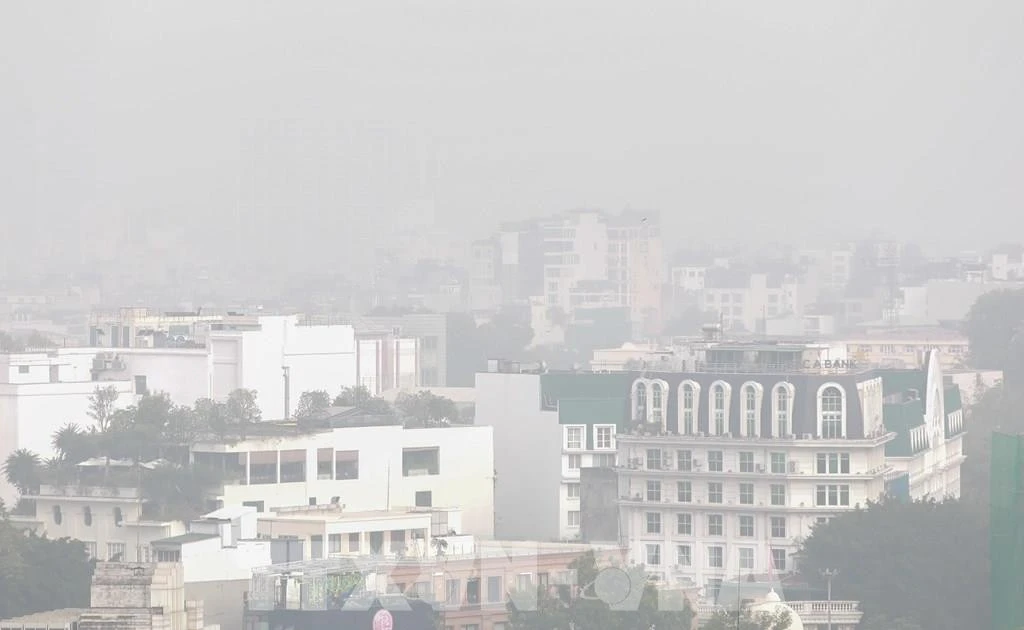The workshop — jointly held by the Vietnam Agriculture Newspaper, the United States Agency for International Development (USAID), and the World Wide Fund for Nature (WWF) — aimed to update participating reporters and journalists on knowledge, information, and legal frameworks on wildlife trade in the world and Vietnam; strengthen their participation in preventing and combating illegal wildlife trade; and encourage them to deeply investigate this topic.
Speaking at the opening ceremony, Deputy Editor-in-Chief of Vietnam Agriculture Newspaper Le Trong Dam said that Vietnam is recognised among the countries and territories with the richest biodiversity of global significance.
In recent years, the Party, State, ministries, sectors, and local authorities have issued many guidelines and policies to protect, preserve, and promote the country’s endemic and precious biodiversity.
Vietnam has also deeply and fully participated in most of international conventions on combating illegal wildlife trade, especially endangered species.
Despite making positive contributions and gaining encouraging outcomes in protecting endangered wildlife, Vietnam has also emerged as one of the world's hot spots for illegal hunting, trade, and consumption of wild animals.
Deputy Editor-in-Chief Le Trong Dam emphasised that thoroughly fighting against illegal acts of trading, hunting, and consuming wild animals has received much attention from the Government, ministries, sectors, and local authorities, especially in the context that Vietnam has accelerated towards deeper integration into the world economy.
In particular, Vietnam has signed a number of free trade agreements which have detailed provisions and regulations on the protection of endangered wildlife and biodiversity conservation.
He went on to say that that reporters and journalists play an important role in the fight against trafficking and illegal use of wildlife in Vietnam as facts have shown that many violation cases and crimes on illegal trading, transporting, and consuming of endangered wild animals have been brought to light thanks to investigative journalists who have embrace difficulties in deeply investigating this pressing topic.
Reviewing the situation of wildlife trafficking activities in Vietnam and the world, Deputy Chief of WWF’s Endangered Wildlife Project Bui Dang Phong reported that human activities have caused the rate of extinction of wild species to increase to about 4,000 times faster than the extinction of the dinosaurs.
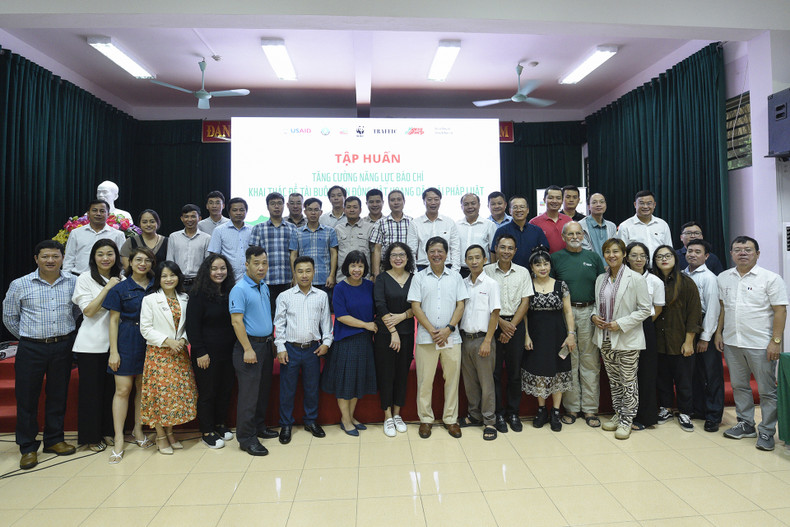 |
| Participants at the training workshop (Photo: nongnghiep.vn) |
Thus, he stressed that unless prompt actions are taken within the next three decades, the world will have to witness the sixth mass extinction. If humans do not act promptly and effectively, we ourselves will be victims of this mass extinction, he warned.
According to the reports, illegal trade in wildlife is estimated to be worth up to 20 billion USD. Criminals exploit entire supply chain, from poaching and transportation to processing and selling. Other illegal activities that are often associated with wildlife crimes include money laundering, corruption, and document fraud.
Vietnam is not only a market for supplying and consuming illegal wildlife, but also a transit point in the global wildlife trafficking network with cases of smuggling ivory, rhino horns, and pangolin scales from Africa, which are then sold to China.
Given the situation, Phong called on relevant ministries, sectors, and local authorities to further promote communication on raising awareness and changing consumer behaviour among the public to reduce wildlife demand.
If humans do not act promptly and effectively, we ourselves will be victims of the sixth mass extinction.
Deputy Chief of WWF’s Endangered Wildlife Project Bui Dang Phong
He also stressed the need to amend and supplement legal documents and fighting against false wildlife offences.
At the training workshop, nearly 40 reporters and journalists from central and local press agencies were updated by biodiversity experts and state management agencies on major topics such as tricks of illegal wildlife trade in Vietnam, investigative journalism on illegal wildlife trafficking, and applying behavioural science in mass media and journalism activities.
They also visited the Endangered Primate Rescue Centre of Cuc Phuong National Park. Established in 1993, the centre is a non-profit project dedicated to the rescue, rehabilitation, breeding, research, and conservation of Vietnam’s endangered and critically endangered primate species.
It has established captive populations of highly endangered primate species, with the final aim to reintroduce and release these animals as stable family groups into well-protected natural areas.
